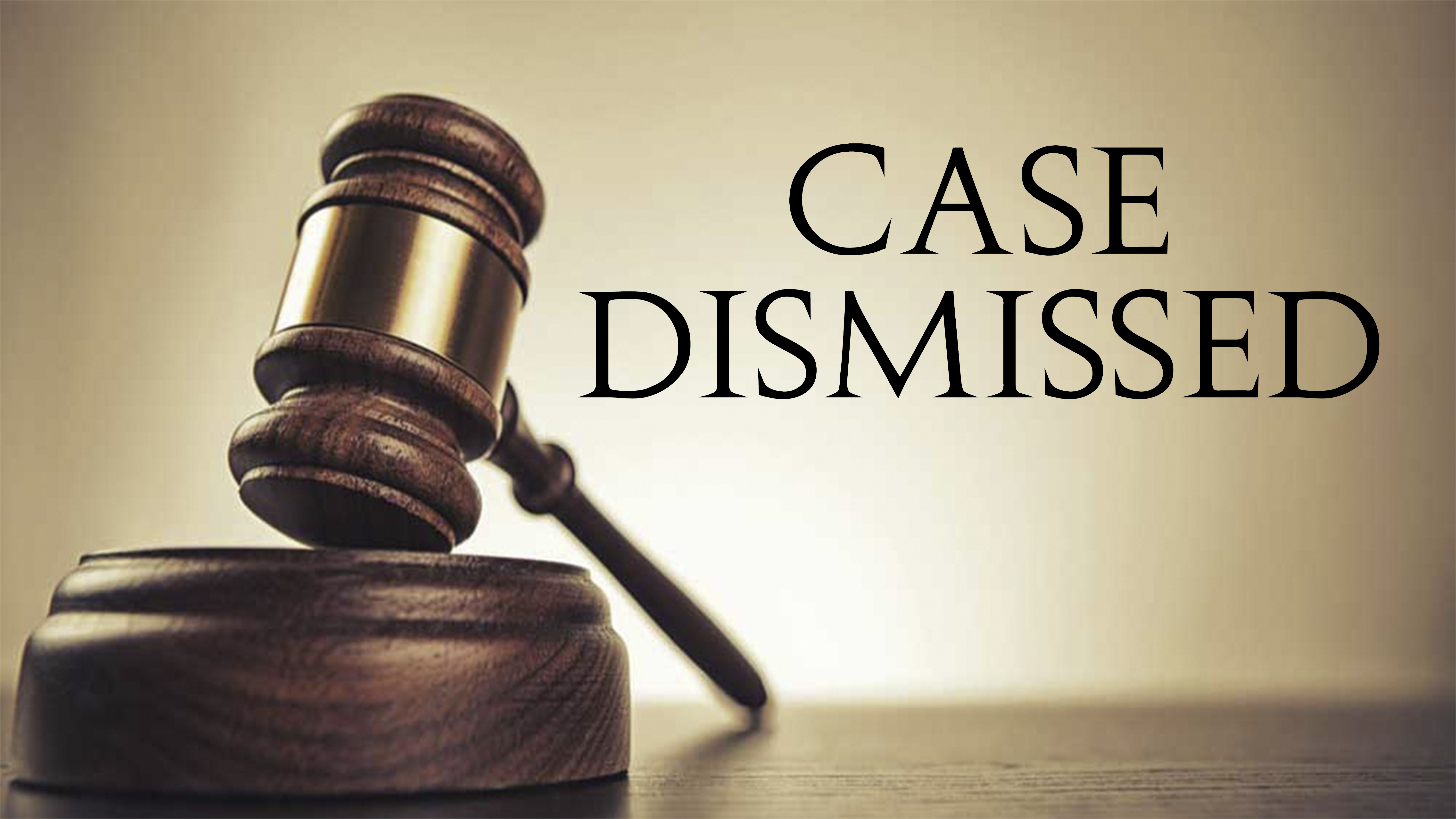
Today I was able to get my client’s California DUI case at the Orange County North Justice Center dismissed with a McNeely motion. My client’s BAC was .21, more than double the legal limit in California. Read more below to find out if a McNeely motion can help get your California DUI case dismissed.
Implied Consent under VC 23612
Basic 4th amendment constitutional law principles dictate that an officer needs a warrant before they can stick a needle in your arm to draw your blood. Consent is a classic exception to the warrant requirement. So if you consent to having your blood drawn, no warrant is needed. Simple enough. But what about implied consent? And how does this relate to a McNeely motion?
The California Vehicle code requires you to provide a breath or blood sample if you are arrested for DUI in Vehicle Code Section 23612. The law is based on the concept of implied consent. Under this theory, if you choose to drive a car in California, you have “consented” to be tested if you are arrested for DUI. If you are arrested for DUI and you fail to give a sample, you can be charged with a refusal and face a lengthy license suspension.
California law considers your license a “privilege” and not a right, and because of this, crazy laws like implied consent somehow pass as legitimate. After implied consent was upheld by the courts, law enforcement agencies began to get very aggressive in collecting blood samples after a DUI arrest. In many cases, a driver who refused to provide a sample would be subject to a forced blood draw where the blood tech, officers, or other government employees would physically restrain the person to draw a blood sample.
In the eyes of the police and the prosecution, implied consent under the California vehicle code was just as good as actual consent. So if you got pulled over…. you were giving a sample whether you liked it or not. In 2013, the US Supreme Court handed down the decision in McNeely and the McNeely motion was born. The McNeely Court basically held that consent for a blood draw means actual consent and implied consent will not suffice. This drastically changed day to day procedure in California DUI arrests. After McNeely, law enforcement can still force a blood draw from someone who does not consent, but they must FIRST obtain a warrant from a Judge authorizing the forced blood draw.
Subsequent to the ruling in 2013, criminal defense attorneys began filing motions, commonly referred to as a McNeely motion, to suppress the result of any blood test that was obtained without consent or a warrant.
McNeely motion case law
The U.S. Supreme Court has “held that a warrantless search of the person is reasonable only if it falls within a recognized exception” to the Fourth Amendment’s warrant requirement. (Missouri v. McNeely (2013) 569 U.S. 141; see, e.g., U.S. v. Robinson (1973) 414 U.S. 218, 224.) One major exception to the warrant requirement of the Fourth Amendment is consent. Valid consent has two components:
- It must be free and voluntary rather than a mere submission to a claim of lawful authority or the result of coercion or duress. (Florida v. Royer (1983) 460 U.S. 491, 497; Schneckloth v. Bustamonte (1973) 412 U.S. 218, 233-234; People v. James (1977) 19 Cal.3d 99, 106.)
- The consent cannot be the result of unlawful police activity such as an illegal detention, entry, or arrest. (Florida v. Royer (1983) 460 U.S. 491, 497; Wilson v. Superior Court (1983) 34 Cal.3d 777, 791.)
“[T]he State has the burden of proving that the necessary consent was obtained and that it was freely and voluntarily given, a burden that is not satisfied by showing a mere submission to a claim of lawful authority.” (Florida v. Royer (1983) 460 U.S. 491, 497, citing, Lo-Ji Sales, Inc. v. New York (1979) 442 U.S. 319, 329; Schneckloth v. Bustamonte (1973) 412 U.S. 218, 233–234; Bumper v. North Carolina,(1968) 391 U.S. 543, 548–549; Johnson v. United States,(1948) 333 U.S. 10, 13; Amos v. United States, (1921) 255 U.S. 313, 317.)
McNeely motion in plain English for non lawyers
If you or a loved one were arrested for suspicion of DUI and you refused the blood test, talk to an experienced criminal defense attorney immediately to review your case. If the blood draw was done without a warrant, you just might have a good case for a McNeely motion. Keep in mind that a McNeely motion is just one of the countless ways that a DUI case can be dismissed. If you would like a free consultation on your specific situation, please give me a call at 800-797-8406 or email me directly at attorneygallagher@gmail.com. To check out a few reviews from satisfied clients, you can always check us out on yelp or avvo.




